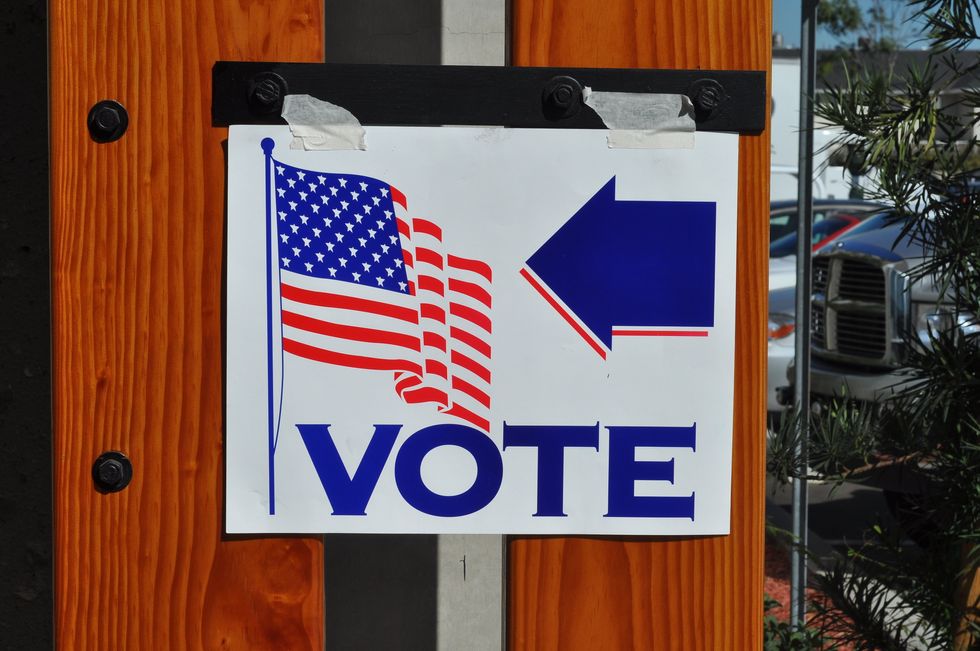Article I of the Constitution gives states the power to make laws governing elections. Since then, there have been several federal amendments to the Constitution to protect the right to vote for all Americans. For example, the 15th Amendment gave African-American men the right to vote and the 19th Amendment enfranchised women. Laws such as the Voting Rights Act of 1965 prohibited voting practices that discriminate based on race, color, or membership to a language minority group. However, because states have the ability to make unique laws regarding voting and elections, wide variation exists across the country in terms of regulations governing the voting process. Laws regarding voter registration, absentee voting, early voting, polling times, etc. all vary depending on the state.
Most recently, states have begun to implement photo ID laws, which require voters to show a government-issued photo ID in order to vote. Again, these laws vary widely depending on the state and largely fall into five different categories: strict photo ID, strict non-photo ID, photo ID requested, ID requested with photo not required, and no document required to vote. However, all forms of voter ID laws have one thing in common: they systematically disenfranchise minority and low-income voters.
Voting is already an irrational behavior. The costs of voting (time, transportation, information collection) all far outweigh any benefits received. The only rational reason people vote is because of a sense of civic duty. Perhaps this comes from proudly displaying an "I voted" sticker on your suit at work or from answering the phone call from your mom on November 6th and being able to say that yes, you, in fact, did vote and no, you are not as irresponsible as she thinks. However, by adding yet another hoop for voters to jump through, photo ID laws decrease participation in elections. This is problematic because participation in elections, especially at the state and local level, is already dismally low (only 27 percent of eligible voters turn out to local elections).
Most importantly though, specific demographics of voters are more likely to not possess a government-issued photo ID, such as minority groups and low-income, low-education individuals. And when participation systematically excludes minorities and lower-class individuals, there are real consequences. The interests of those who do not and cannot vote go unrepresented in the legislature, as representatives respond to the concerns of their voting constituents whom their re-election depends on. Furthermore, descriptive representation of minority voters goes down, as people tend to vote for people who physically resemble themselves. When individuals do not see people like themselves in office, they can be discouraged against participating in a system that consistently under-represents them.
Finally, there is no basis for the sudden mass implementation of photo ID laws. As of February 2019, 35 states enforce or are scheduled to begin enforcing photo ID requirements. The main arguments for supporting these laws rests in the idea of the need to protect electoral integrity and to fight against voter fraud. However, voter fraud is not a real issue (even though consistent rhetoric from politicians has turned it into one). Between 2000 and 2014, only 31 cases of voter fraud were confirmed out of over 1 billion ballots cast. The underlying reason for the implementation of these laws rests in history. Barriers to voting date back to post-Civil War efforts to systematically disenfranchise African Americans.
Jim Crow laws prevented African Americans from voting for almost one-hundred years after the 15th Amendment Constitutionally granted males the right to vote. Laws regulating (and most often preventing) felons from voting further disenfranchise black and low-income individuals who suffer from mass incarceration due to fabricated wars on drugs and crime that elected officials utilize as political tools. Now, we have the emergence of photo ID laws that continue to disenfranchise specific demographics of voters under the veil of protecting against voter fraud.
It is time to take the veil off and see these laws for what they are. Photo ID laws are discriminatory. They add another barrier to voting, and they are unnecessary to protect electoral integrity. They can be traced back to history as yet another form of minority voter disenfranchisement.
And they are not okay.






















